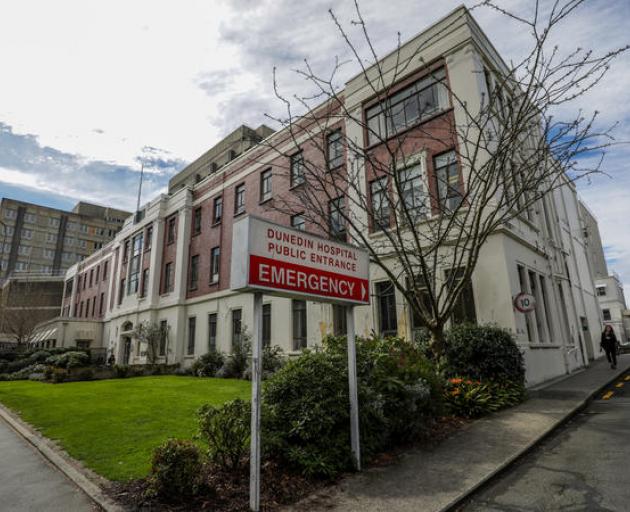
The idea that patients presenting with minor ailments are a big deal has been stubbornly persistent.
Perhaps it is because if that were really the problem it would be relatively easy to solve.
If only it were that simple. Research published last week in the New Zealand Medical Journal showed 95% of people with minor acute problems sought help outside of EDs.
The paper also took issue with the view presentations to EDs are increasing markedly driven by people with minor conditions.
The study found ED presentations in New Zealand were among the lowest in the world per head of population and were not increasing beyond what might be expected.
Rather, ED crowding and acute hospital system pressures causing risks to patient safety were primarily caused by insufficient resources within hospitals to cope with the appropriate demand for emergency care.
One of the study’s authors, University of Auckland Medical Surgery Associate Prof Peter Jones said everyone in EDs was at increased risk of harm when there were levels of access block within hospitals, also known as bed block.
Not being able to admit patients to hospitals promptly caused ambulance ramping, big delays in patients being seen and contributed to an increase in frustrated patients getting angry and violent towards staff.
The National-led government plans to reinstate ED targets for our public hospitals requiring 95% of patients are admitted discharged or transferred from EDs within six hours.
Introduced in 2009, the targets resulted in some improvements but, as Assoc Prof Jones says, we never quite got there.

A co-ordinated approach which addresses all aspects is needed, but it is unclear from what has been announced so far what is planned to help hospitals meet the target.
Much will depend on increasing the healthcare workforce. We are not sure this Government will find that any easier than the last.
And another thing
The Invercargill City Council’s decision to rename the city’s airport terminal after long-serving mayor Sir Tim Shadbolt is a neat solution to the dilemma about how to honour his contribution to the city.
Earlier this year Sir Tim was advocating for a statue to mark his 27 years as mayor. He was reported as saying he was not comfortable about doing that but was persuaded by others it was the most appropriate form of tribute.
After his ignominious defeat at the polls last year, this self-promotion was tin-eared, and the council was understandably reluctant to spend what was expected to be a six-figure sum on a statue.
Alternatives, including renaming Splash Palace, the popular city pool complex, in Sir Tim’s honour, were rejected by Sir Tim and his partner Asha Dutt.
Some months on, however, the terminal renaming has found favour with the couple.
It is expected there will be a plaque outlining his service to the city and a large image on the wall next to the check-in area with Sir Tim dressed in full mayoral regalia.
It was during Sir Tim’s tenure that there was a significant runway extension at the airport, making it the third-longest civilian runway in the country.
He was serving as a director on the airport company in which the city is the majority shareholder when the new terminal development, completed in 2016, was undertaken.
Sir Tim, with his ever-present grin, became well known and regarded with affection for his enthusiastic promotion of the city on the national stage. This tribute to his service recognises and honours that.












